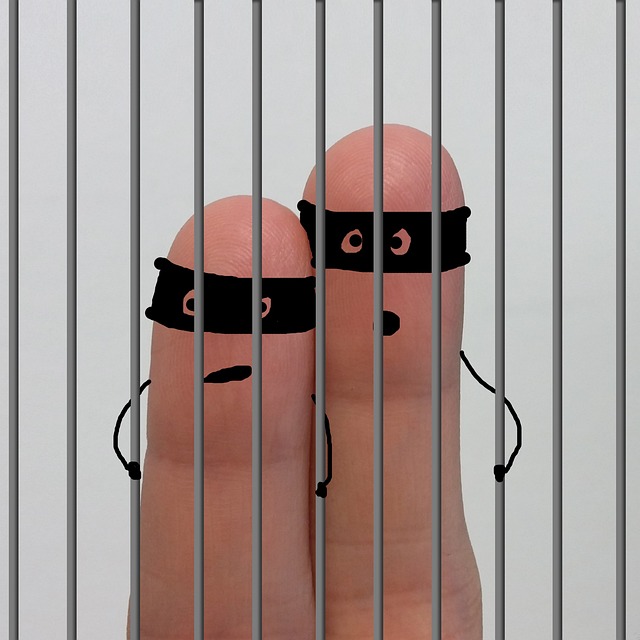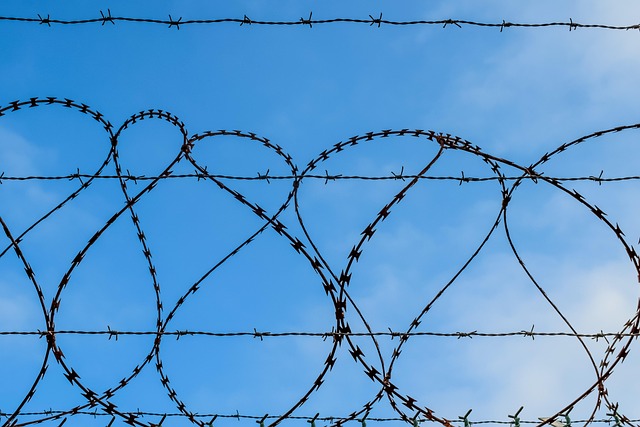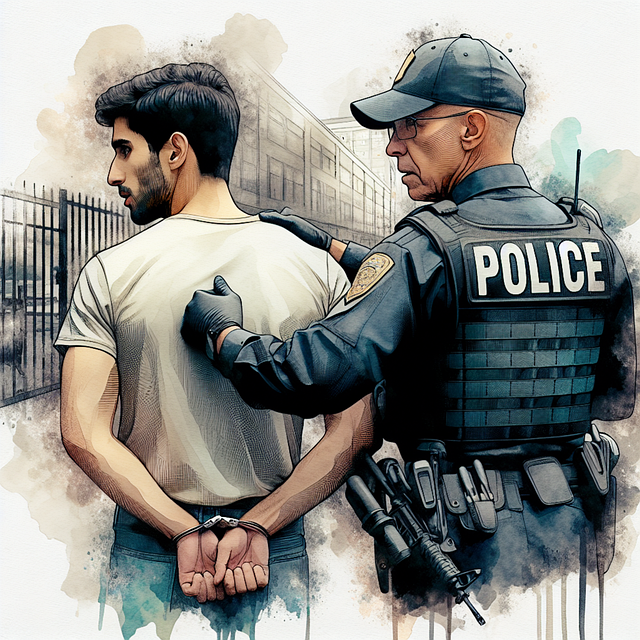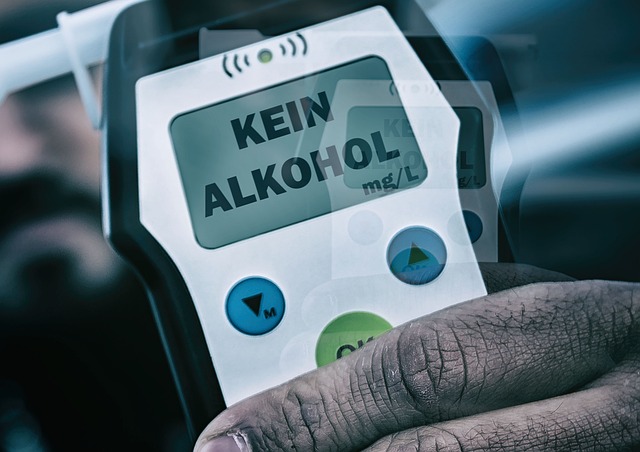Understanding pedestrians' rights during DUI incidents is vital for protecting vulnerable road users. Pedestrians have legal protections, including safety, freedom from unreasonable search and seizure, and the right to be informed of their rights by law enforcement. Legal jurisdictions increasingly recognize the value of second chances for first-time DUI offenders, focusing on balancing public safety and rehabilitation through diversion programs, deferred prosecution, and reduced charges. Accepting responsibility, demonstrating maturity, and understanding pedestrians' rights can make a difference in legal outcomes. Community reintegration programs and prevention strategies, like educating about DUI consequences and promoting responsible drinking, help reduce recidivism, aiming to create a safer environment for everyone.
In today’s digital era, understanding pedestrians’ rights during DUI incidents is more crucial than ever. This comprehensive guide explores the legal framework surrounding second chances for first-time offenders, focusing on supporting factors and reintegration strategies. By delving into these aspects, we aim to enhance awareness and emphasize the importance of preventing recidivism. Key topics include the nuances of pedestrian rights in DUI cases, available legal options, and community initiatives that foster a safer, more informed environment for all.
- Understanding Pedestrian Rights During DUI Incidents
- The Legal Framework for Second Chances
- Supporting Factors for First-Time Offenders
- Reintegration and Prevention Strategies
Understanding Pedestrian Rights During DUI Incidents

When a driver is under the influence and involved in an incident, understanding pedestrian rights during DUI incidents becomes crucial. Pedestrians, as vulnerable road users, have specific legal protections and rights that must be respected. During a DUI stop or collision, pedestrians have the right to safety and protection from further harm. This includes being free from unreasonable search and seizure, ensuring their personal belongings are not taken without cause, and being informed of their rights by law enforcement officers.
In the event of an accident, both drivers and pedestrians should be aware that everyone involved has certain responsibilities. Pedestrians have the right to seek medical attention immediately if needed, just like drivers do. They can also refuse to provide statements or evidence without legal representation present. Knowing these rights empowers pedestrians to protect themselves during potentially traumatic situations, ensuring their well-being remains a top priority.
The Legal Framework for Second Chances

In many jurisdictions, there’s a growing recognition of the importance of second chances for first-time offenders, especially in cases involving DUI (driving under the influence). This shift is reflected in the legal framework that aims to balance public safety with rehabilitative measures. Laws are designed to provide alternatives to harsh, automatic penalties, ensuring that first-time DUI offenders—often young drivers or those facing economic hardships—have opportunities for recovery and a fresh start.
The concept of second chances involves various strategies like diversion programs, deferred prosecution, and reduced charges. These approaches not only give offenders a chance to avoid the long-term consequences of a criminal record but also encourage them to participate in educational programs, community service, or treatment for substance abuse, thereby addressing the underlying causes of their actions. Pedestrians Rights in DUI incidents are also considered under this framework, focusing on measures that protect vulnerable road users while offering pathways to redemption for those who have made mistakes.
Supporting Factors for First-Time Offenders

For first-time offenders, navigating the legal system can be daunting, especially in cases involving DUI (Driving Under the Influence). However, there are several supporting factors that advocates for a second chance. One significant aspect is the recognition of the error in judgment and immediate acceptance of responsibility. When a first-time offender promptly acknowledges their mistake and agrees to face the consequences, it demonstrates maturity and a willingness to learn from their experience.
Moreover, the circumstances surrounding the incident play a crucial role. For instance, if the DUI involved no property damage or personal injury, and the offender displayed no aggressive behavior, these factors can advocate for leniency. Additionally, first-time offenders may benefit from Pedestrians Rights in DUI Incidents, ensuring their legal protections are understood and respected. This includes fair treatment within the justice system and access to resources that aid in rehabilitation and responsible decision-making in the future.
Reintegration and Prevention Strategies

After serving their sentence, first-time offenders often face the challenging task of reintegrating into society. This process requires a comprehensive approach that goes beyond mere legal obligations. One key strategy is community reintegration programs, which offer support networks and skills training to help individuals successfully return to their communities. These programs can include job placement services, counseling, and mentorship opportunities, all aimed at reducing the likelihood of future offenses.
Additionally, prevention strategies play a crucial role in keeping first-time offenders on the right path. Educating young people about the consequences of DUI incidents and promoting responsible drinking behaviors are essential. Moreover, advocating for pedestrians’ rights in DUI cases can foster a culture of accountability. By ensuring that drivers are held accountable for their actions and understanding the impact on others, including pedestrians, we can create a safer environment for everyone.
In conclusion, granting second chances to first-time offenders in DUI incidents is a nuanced approach that considers both public safety and individual rehabilitation. By understanding pedestrian rights during these events, implementing supportive legal frameworks, and focusing on reintegration strategies, we can create a more effective system that prevents future offenses while fostering growth. The key lies in balancing justice with compassion, ensuring that those who make a mistake have the opportunity to learn, change, and contribute positively to society.






